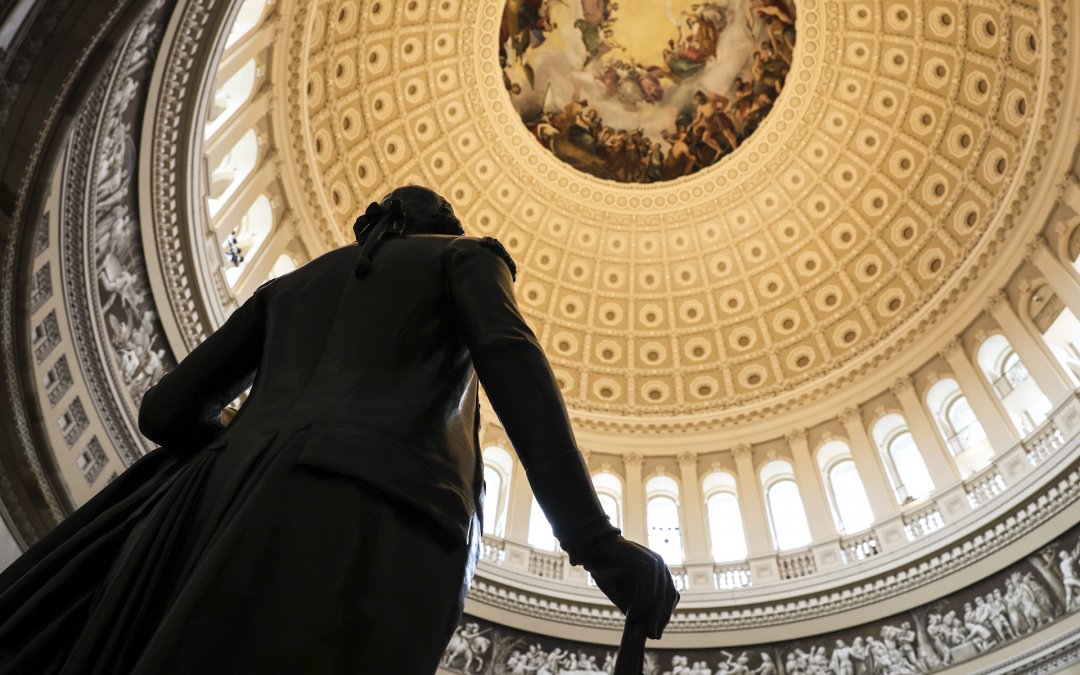WASHINGTON — In one of his first acts since returning to the Oval Office, President Donald Trump issued pardons to over 1,500 individuals convicted in connection with the Jan. 6, 2021, U.S. Capitol riot and commuted the sentences of 14 individuals charged with violent offenses.
“To those who engaged in the acts of violence and destruction, you do not represent our country,” Trump said in a video posted to X the day after the attack, condemning the violence. “And to those who broke the law, you will pay.”
In a reversal of opinion, he recently campaigned on freeing those same lawbreakers, who he referred to as “political prisoners” and “hostages.” In the four years since the riot, Trump’s stance transitioned from one condemning the attack in which rioters injured more than 140 police officers, including three officers who died following the attack.
In response to a 2024 Republican voter’s question about Jan. 6, Trump answered: “Nothing done wrong at all.”
The blanket clemency has sparked mixed reactions from senators, with Republican allies praising Trump for keeping his campaign promise and displaying loyalty to his base, while others warn it sets a dangerous precedent, testing the limits of presidential clemency and sparking additional divisions in Congress over accountability and the rule of law.
Sen. Josh Hawley (R-Mo.), a Trump ally, expressed support for the pardons in part, saying it fulfilled a campaign promise.“He said he was gonna do this during the campaign and he did exactly what he said he was going to do,” Hawley told reporters. “He keeps his campaign promises.”
While Hawley supports clemency for nonviolent offenders, he shares an opinion adopted by many Republican senators. “For folks who commit violence, I wouldn’t commute their sentences or pardon them,” Hawley said.
Other Republicans voiced stronger disapproval, such as Sen. Bill Cassidy (R-La.), who voted to convict Trump during his 2021 impeachment trial. “It’s wrong to assault anybody, but certainly to assault an officer,” Cassidy said. “If they do the crime, they should do the time.”
Sen. Kevin Cramer (R-N.D.) offered an optimistic approach, calling the pardons a “chance to move forward” while noting his disapproval of violence against law enforcement. “It’s an ugly chapter in American history for those of us who live in the region where all of that took place,” he said. Cramer disagreed with the blanket nature of the clemency, and suggested pardons should have been on a case-by-case basis, with a majority of the pardons likely justified.
Democratic lawmaker Sen. Tammy Duckworth (D-Ill.) described the pardons as “overwhelming” and accused Trump of “rewarding people who stormed the nation’s Capitol.”
The fallout from both former President Joe Biden and President Donald Trump’s pardons is expected to dominate political discourse, resurfacing previously introduced legislation to limit the power of the pardon and igniting new conversations about pardon reform.


